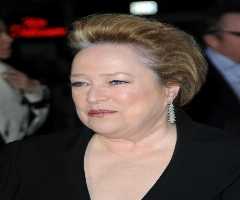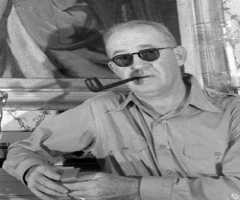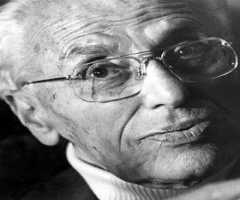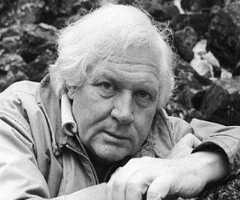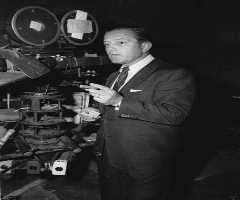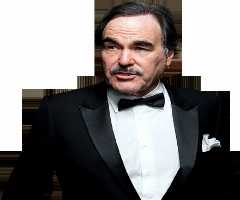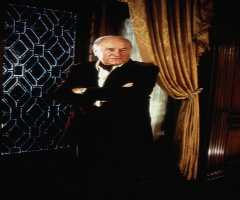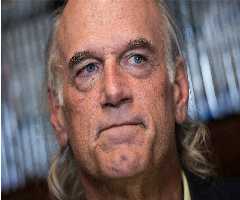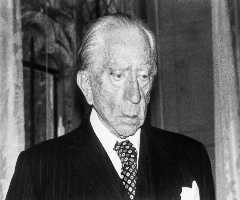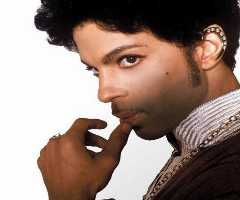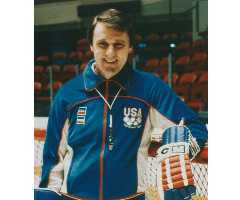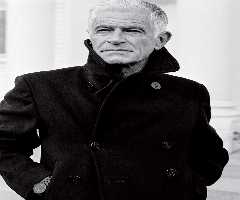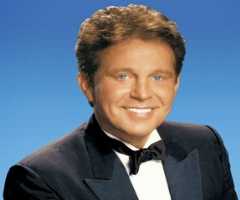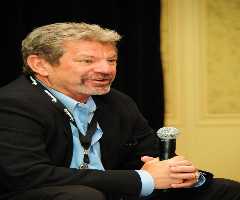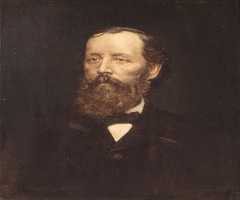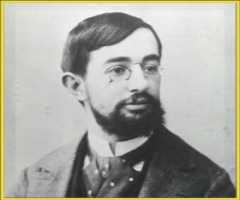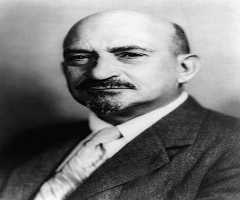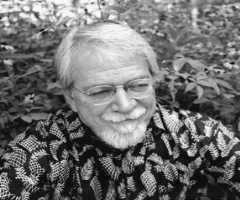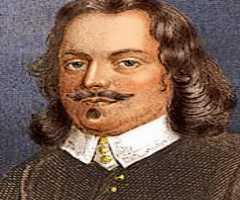George Roy Hill Biography, Life, Interesting Facts

Birthday :
Died On :
Also Known For :
Birth Place :
Minneapolis, Minnesota, United States of America
Zodiac Sign :
Renowned as one of the best American film director that was widely known for his movies Butch Cassidy and the Sundance Kid and The Sting. George Roy Hill got educated like other children but was educated at the prestigious school of The Blake before attending Yale University. He developed a great passion for classical music and this he got flying in his early life. He was part of the fighters in World War II. He even fights as a marine pilot before traveling to Dublin to study music and literature.
George Roy Hill was first introduced to professional theater at Dublin. Upon his return, he worked on his Broadway before being called upon to fight the Korean War. However, he continued his Broadway upon return to civilian life. He made his waves in Hollywood after starting filmmaking at the age of forty. He later left filmmaking for teaching at the Yale University.
CHILDHOOD & EARLY LIFE
George Roy Hill was born on December 20, 1921, to the family of George Roy Hill and Helen Frances Hill. The family owned a Minneapolis Tribune. The young George had his schooling at The Blake School where he passed out. However, he had developed an interest in music and got himself a license at the age of 16. He was known to be fond of classical music especially Johann types of music. George Roy Hill got admitted to study music under notable musicians including Paul Hindemith in Yale University. Upon earning his degree in 1943, he was drafted into the United States Marine Corps as part of his military experience. He served as a Cargo Pilot and later got to Dublin to study music at the end of the second war II.
CAREER
His movie career started when George Roy Hill had his stage debut with The Devil’s Discipline – a Bernand Shaw’s drama which was produced at Gaiety Theater by Cyril Cusack. Soon, he played the leading role in Raven of Wicklow before having a chance to direct his play Biography. He returned to the US to work on his Broadway shows. He toured for some time and supplemented his income at the radio. He later put up his Broadway shows which he appeared in, and they are Richard II and The creditors. Later, he took part in an anti-communist docudrama, Walk East on Beacon. He was later recalled to serve in the Korean War.
George Roy Hill served for 18 months as a night fighter pilot and got stationed in north California and rose to the rank of Major. He was later released from service, and he continued his work on the television. It was during that period he wrote My Brother’s Keeper. He wrote that based on his experience in the Korean War. He wrote some films and which include his most notable works, A Night to Remember and The Helen Morgan Story. He got awards for the work. He then returned to his work as a director. He then directed Look Homeward Angel. This play was a huge success critically and commercially. It won several Tony Award nominations.
George Roy Hill became more successful in the field of acting and was able to rise to the top amidst his Hollywood mate. He worked with numerous people and had some films which earned great and good reviews. The movies like Hawaii, Thoroughly Modern Mille and the world of Henry Orient earn him more at the box office as well as different awards. He later directed a huge hit play Butch Cassidy and Sundance Kid before he hit big again with his anti-war science film Slaughterhouse-Five as well as The Sting. He is also a writer and co-wrote The Great Waldo Pepper which is about a veteran pilot. The film was fabulous. He left Hollywood later for Yale University to lecture.
AWARDS & ACHIEVEMENTS
- In 1971, George Roy Hill won BAFTA for Butch Cassidy and the Sundance Kid in the Best Director and Best Film Categories
- In 1972, he received Canes Jury Prize and Hugo Award for Best Dramatic Presentation in 1973 for Slaughterhouse Five.
- Hill won an Academy Award for the Best Director for his The Sting.
PERSONAL LIFE & LEGACY
George Roy Hill was married to Louisa Fleetwood who was an actress at Magaret Webster Theater Company in 1951. They however divorced in 1970 but remained friends throughout the life. The duo had four children and twelve grandchildren. George’s interest as regards to music did not diminish for a moment even during marriage. However, he died on December 27, 2002, after a complication of Parkinson’s disease.
